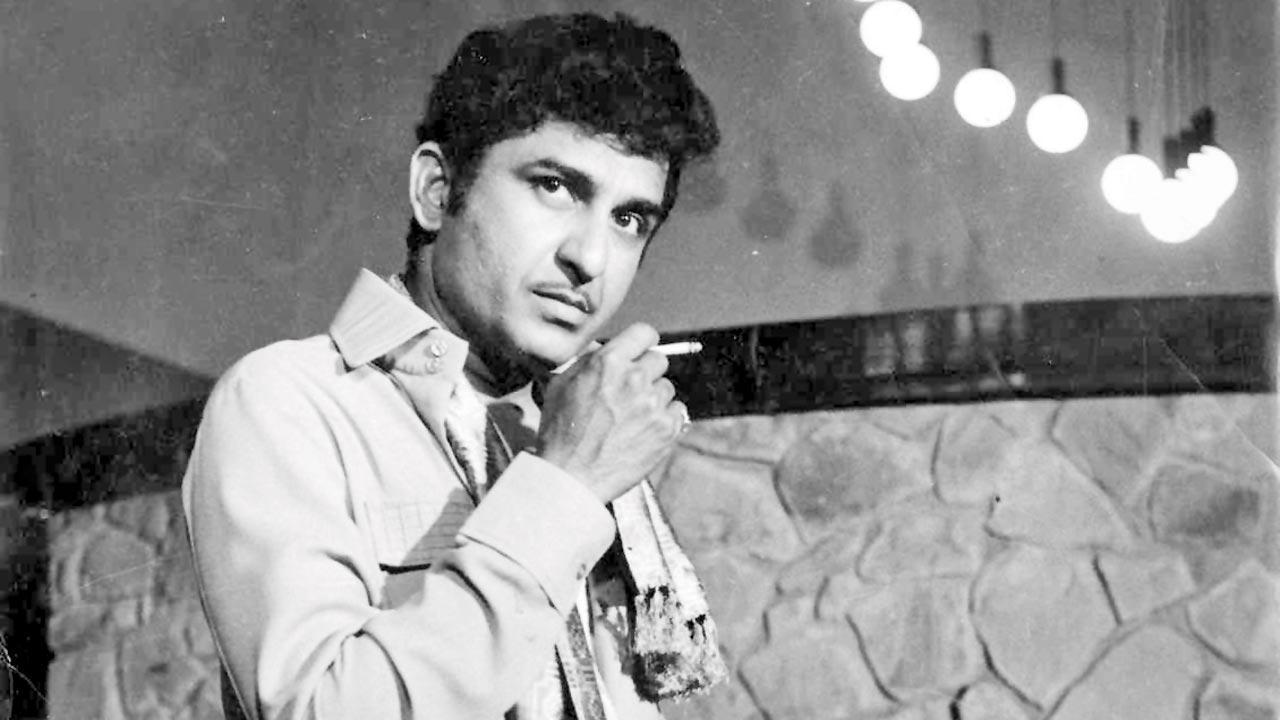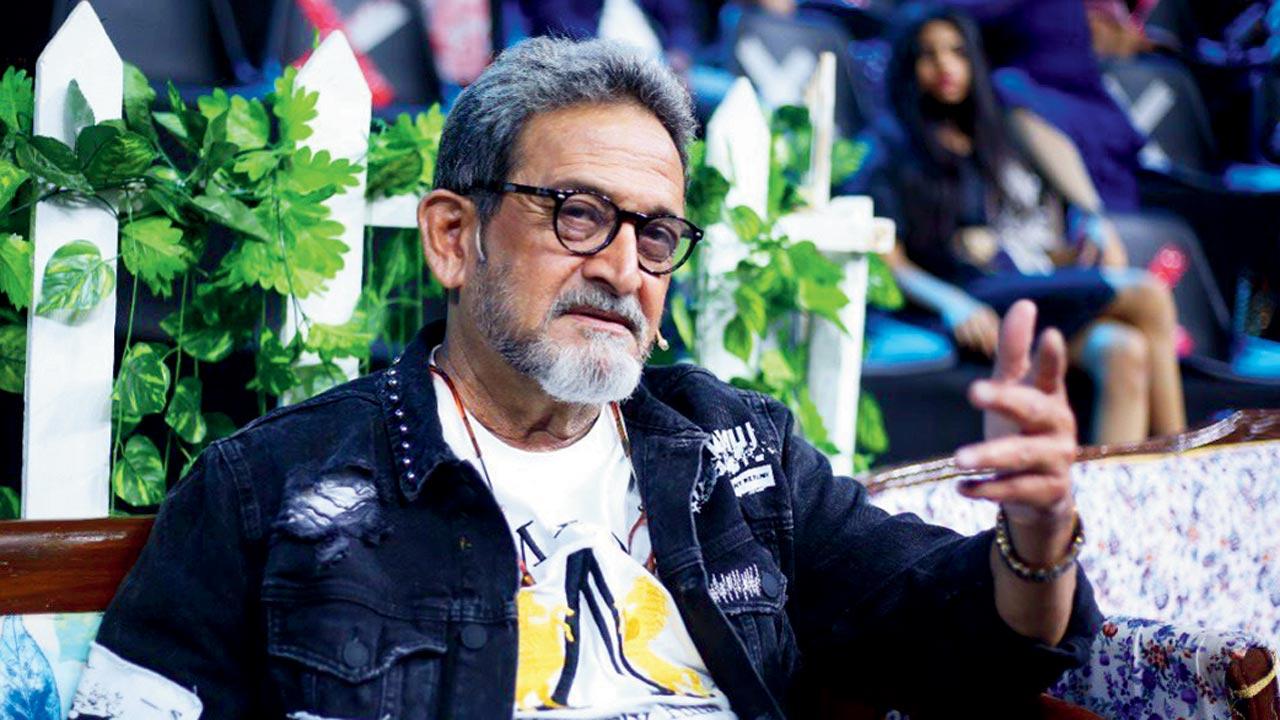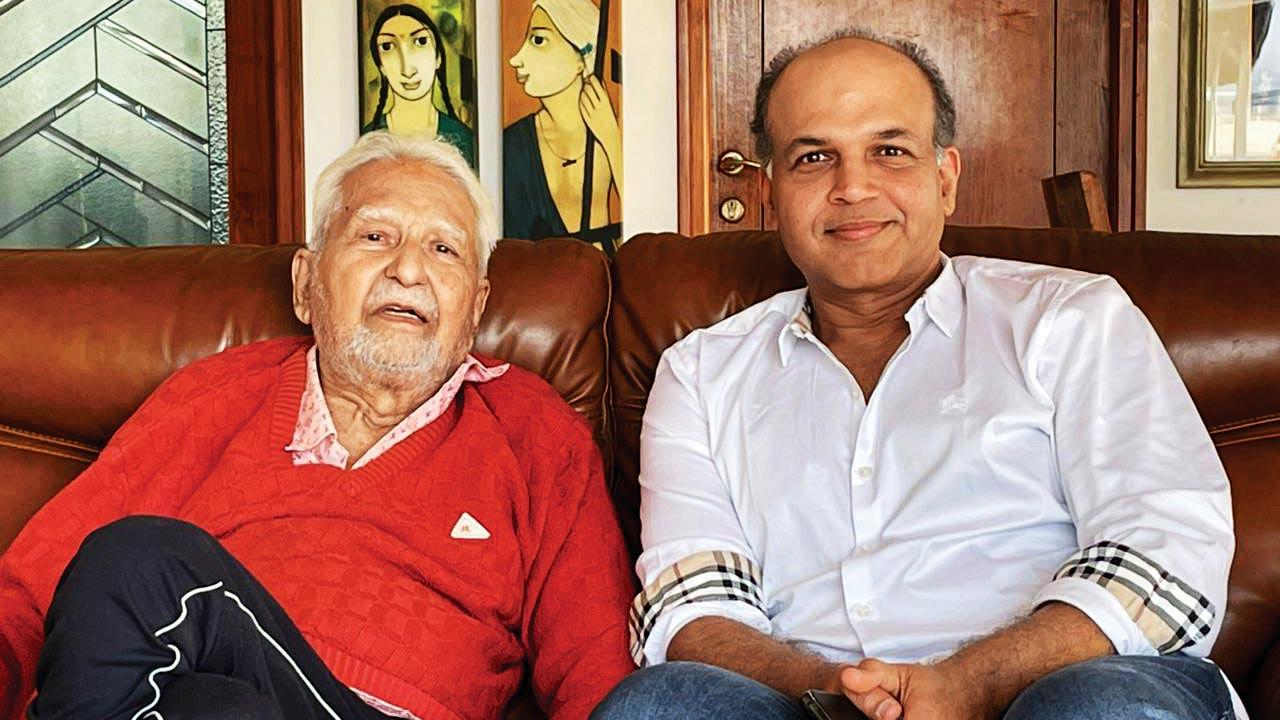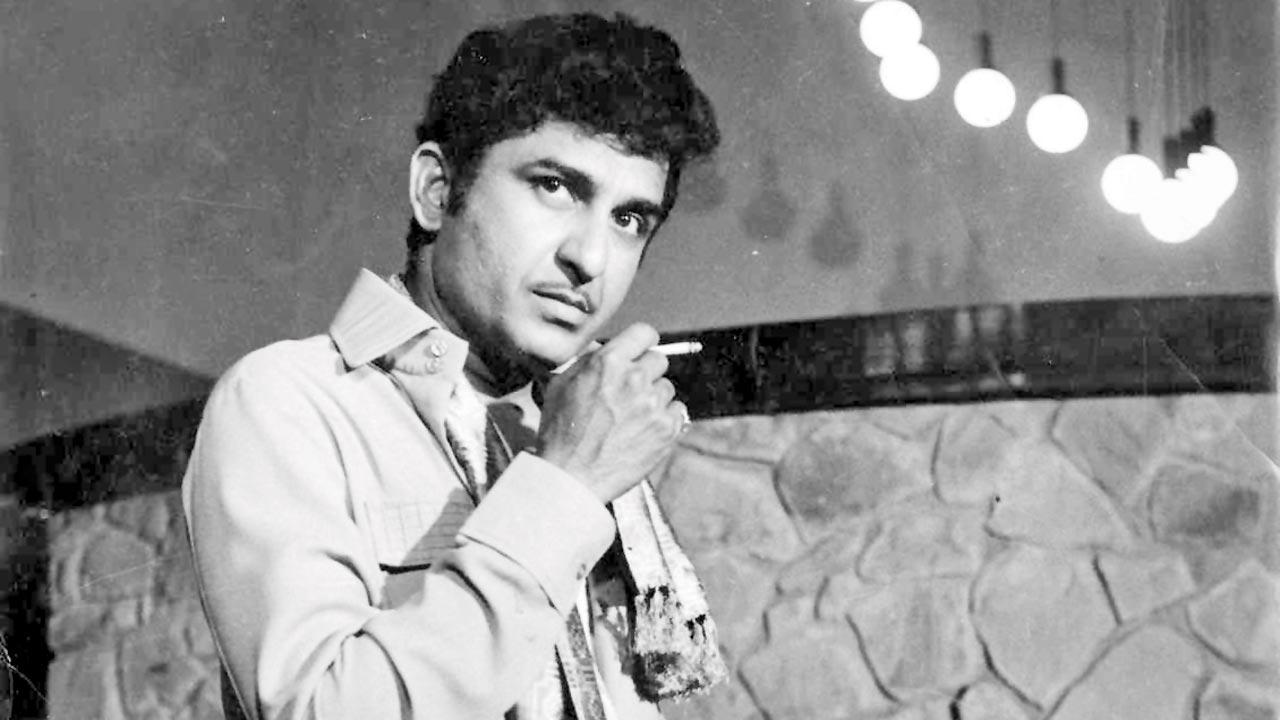Manjrekar and Gowariker remember their first director Deo, a heavyweight in Marathi cinema who shone in Hindi films with his supporting act

Ramesh Deo
Those unfamiliar with Marathi cinema will remember him as the ever-smiling Dr Kulkarni in Rajesh Khanna’s Anand (1971), or for his grey role in Gulzar’s Mere Apne (1971). While Ramesh Deo gained prominence in Hindi cinema for his fine performances in supporting roles, the actor-producer was a force to reckon with in Marathi theatre and cinema. A cameo in the Marathi film, Paatlaachi Por (1951), marked the beginning of a seven-decade career. He followed it up with Andhala Magto Ek Dola (1955) and many other notable Marathi films, before foraying into Bollywood with Rajshri Productions’ Aarti (1962).
That sowed the seeds of what was to be a long run in Bollywood as he became a regular fixture in Hindi films, essaying different roles — from the hero’s trusted friend to an exploitative villain — with equal ease. He featured in several landmark films, including Anand, Khilona (1970), Jeevan Mrityu (1970), Aap Ki Kasam (1974) and Ghayal (1990). In the ’80s, the veteran actor turned filmmaker, and went on to direct Marathi movies, including Chor Chor (1992) and Jeeva Sakha (1992).
 Mahesh Manjrekar
Mahesh Manjrekar
Filmmaker Mahesh Manjrekar, who was launched in Marathi films by Deo, remembers working on Jeeva Sakha with him. A day after the veteran filmmaker passed away due to a heart attack, Manjrekar tells mid-day, “I had done theatre and bit roles earlier, but this was my first notable role. Ashutosh Gowariker and I played antagonists in the film. During a fight scene, I had to fall down.”
As actors, we are not trained to fall down, so I told him to take my duplicate for the next fight sequence. He told me, ‘If you want to be an actor, you have to train for this.’ When I started directing, I [took his lesson] and would tell my actors that they would have to do everything on their own [without body doubles].”
 Ramesh Deo with Ashutosh Gowariker
Ramesh Deo with Ashutosh Gowariker
Having switched gears to filmmaking later, Manjrekar admits that his work is deeply influenced by Deo, who featured in over 200 movies and 30 television serials. “Ramesh dada was a legend, and it feels like the end of an era in Marathi cinema. He was the last man standing from that era,” he says, adding that he had met the 93-year-old only a month ago. “I met him during an event for MaharashtraCha Favorite Kon, where he had gone to receive the Lifetime Achievement Award. Ramesh dada held my hand as we chatted for over 15 minutes. He told me, ‘You are making so many movies, but you have not taken me.’ I promised him that I would cast him in my next film. It’s unfortunate that I won’t be able to do that.”
Deo also gave Ashutosh Gowariker his first break as an actor in Marathi cinema with Jeeva Sakha. Although it was Gowariker’s first film, several released before this one hit the theatres. Remembering Deo as an actor and director, he says, “The passing of the legend, Ramesh Deo ji is indeed sad news, not only for Marathi or Hindi cinema, but Marathi theatre as well. In my growing-up years, I remember watching his Marathi films. Ramesh ji was the only actor, who could put on a charming smile when he played a hero in Marathi and a crooked [expression] while portraying a villain in Hindi films. I was fortunate to get a break with Jeeva Sakha, which he was not only producing but also directing.”
 Ramesh Deo
Ramesh Deo
Reminiscing about delivering lines for Deo, he says that the late actor-director always “encouraged” his team. He says, “On set, Ramesh ji was a dignified man; always kind and generous with his compliments. Even when I gave a bad performance in a shot, he would say, ‘Chhaan shot dilaas. Pan yaachyaa peksha chaangla deu shaksheel. Punha kar. [You have given a good shot. But you can do better than this. Do it again.]’ This encouragement is something that I will always cherish. I will always miss Ramesh kaka’s gentleness and warmth.”
His noted works
Paatlaachi Por (1951): Ramesh Deo made his debut in Marathi cinema with a cameo in this.
Andhala Magto Ek Dola (1956): The actor started his full-fledged film career in the Marathi cinema with this film.
Aarti (1962): Directed by Phani Majumdar, Aarti was his first Hindi film.
Saraswatichandra (1968): Based on a Gujarati novel by Govardhanram Madhavram Tripathi with the same name. Deo played a rich but illiterate husband to Nutan in this one.
Teen Bahuraniyan (1968): This comedy film directed by SS Vasan and SS Balan is a remake of the 1967 Tamil film Bama Vijayam.
Jeevan Mrityu (1970): This romantic drama, directed by Satyen Bose, starred Dharmendra and Rakhee Gulzar as the lead couple.
Khilona (1970): The late actor played the role of Kishore Singh in this film, directed by Chander Vohra.
Mere Apne (1971): Deo plays the role of Arun Gupta in this Gulzar-directed and written film.
Anand (1971): He played the affable doctor treating a terminally ill Rajesh Khanna suffering from lymphosarcoma of the intestine in this blockbuster.
Ghayal Once Again (2016): This is a sequel to Sunny Deol’s 1990 film, Ghayal. Deo plays grand father-in-law to Deol. This was his last Hindi film.
 Subscribe today by clicking the link and stay updated with the latest news!" Click here!
Subscribe today by clicking the link and stay updated with the latest news!" Click here!








